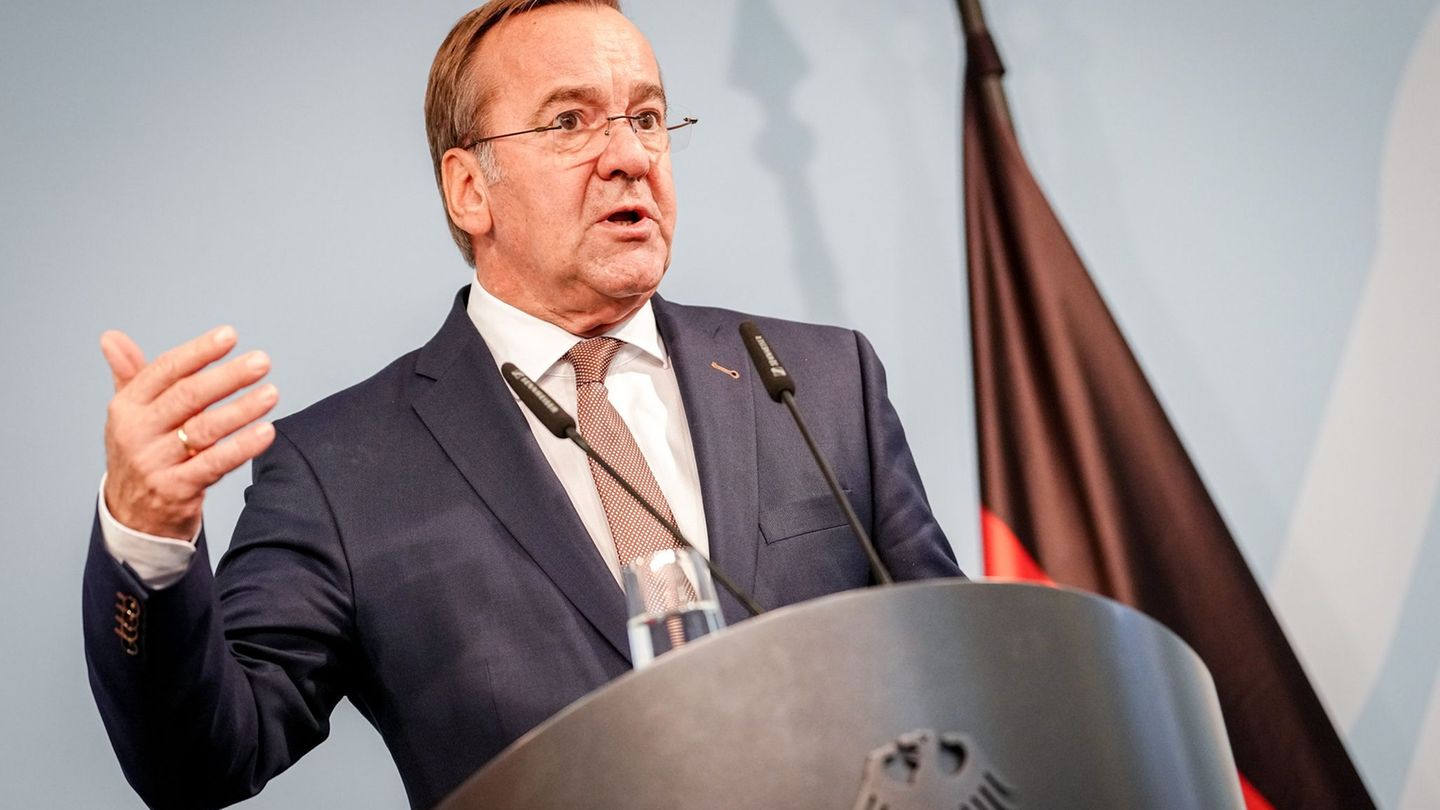He Brazilian Senate approved the agreement with Uruguay to remove the double taxation in terms of Income and Wealth Taxes, which also seeks to prevent tax evasion and avoidance, giving a new impetus to international tradewithin the framework of improving relations between both nations
The original agreement had been signed on June 7, 2019 in Brasilia and ratified by the Uruguayan Parliament on December 13, 2021. Now, with the permission of the legislators of the neighboring country, only the promulgation remains to advance an understanding that favors the arrival of investments to the country.
In the text, they kept the devices pointing to preserve tax authority in the source of payment of income originating in the country, although not exclusively. In addition, “limits to the withholding of taxes on dividends, interest, royalties and technical services and technical assistance at levels compatible with the network of agreements” were established, the Brazilian Senate specified.
They also highlighted that a specific article deals with the information exchange between the respective tax administrations, which they qualified as “a relevant aspect in the fight against tax evasion”.
What taxes are included?
In the country, the measure affects several of the DGI taxes. Thus, it will be applied to the Income Tax of Economic Activities (IRAE), Personal Income Tax (IRPF), Non-Resident Income Tax (IRNR), the Social Security Assistance Tax (IASS) and the Wealth Tax (IP).
Meanwhile, in Brazil the agreement contemplates the Federal Income Tax (Federal Income Tax) and the Social Contribution on the Beto Benefit (Social Contribution on Net Profit).
Fight tax evasion and encourage investment
In the Uruguayan Chamber of Deputies, Through a document, they recalled that the negotiations began in 2016, with the objective that taxpayers, when doing business or making investments in other countries, are not punished”, paying taxes in the country where they make the investment and in the country where they are located. your tax domicile.
In turn, they justified the agreement by stating that it seeks “for the contracting States to have access to the information required to detect tax evasion and fraud” that may occur in eventual businesses or investments outside the taxpayer’s tax domicile.
In this regard, the Brazilian Senator Margareth Buzetti (PSD-MT) appreciated that the initiative foresees a further cooperation between the tax administrations involved, combats abusive tax planning, prevents tax evasion and improves the business climate. “The absence of double taxation agreements (ADT) affects competitiveness of Brazilian transnational companies abroad,” said the legislator from the neighboring country.
Source: Ambito




